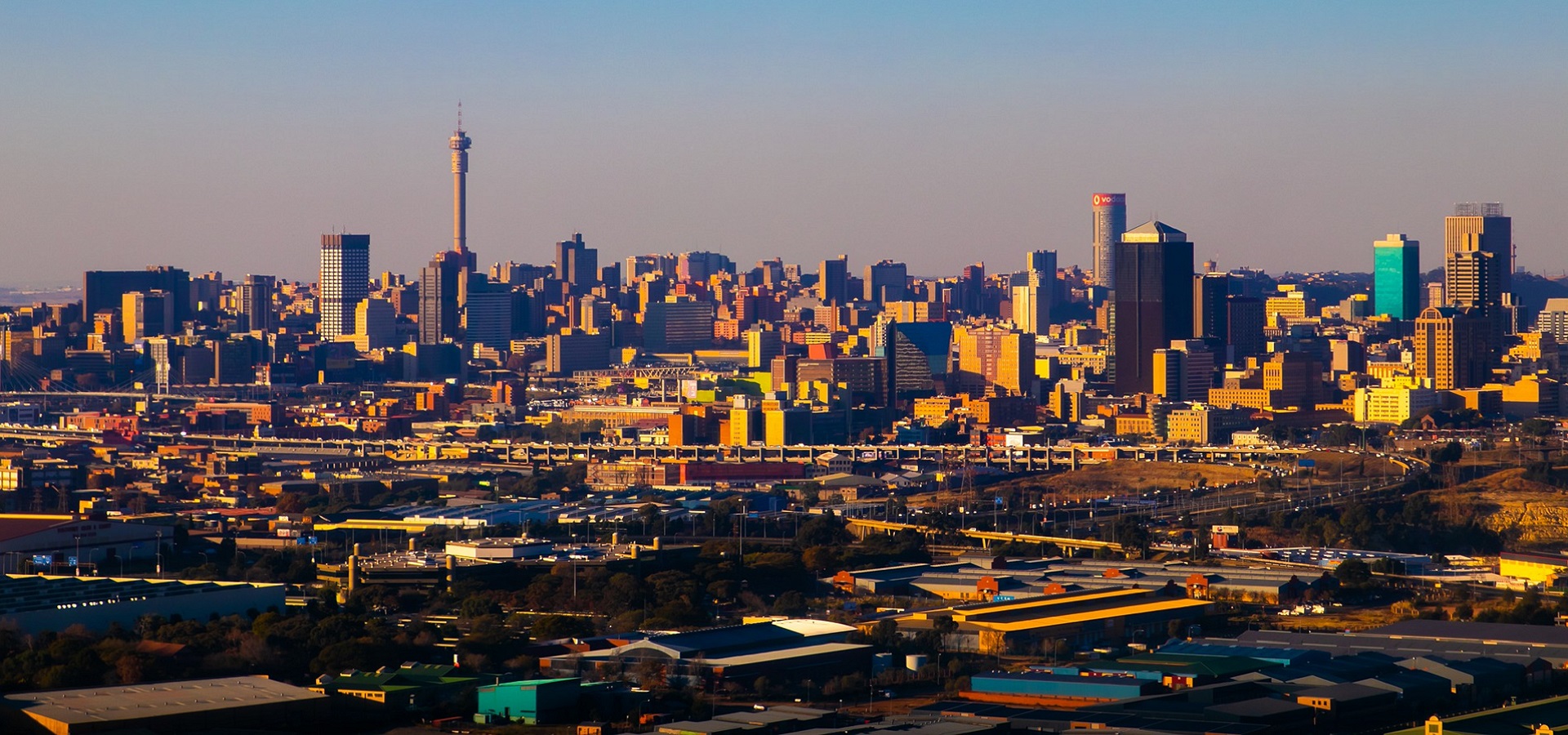An economic shockwave is tearing through South Africa, as the country went into full lockdown by the end of March to contain the COVID-19 virus now sweeping the globe. The immediate and devastating impact on the tourism industry shows what will happen if we don’t plan for a world that is turning its back on fossil fuels. Leonie Joubert brings us the news.

South Africa went into lockdown on 26th of March. (Public Domain)
In the matter of a month, many small tourism operators in South Africa have gone from turning over a decent income, to facing possibly bankruptcy. Government declared a national disaster on Sunday, 15 March, in response to global efforts to contain the COVID-19 pandemic. On 26 March, the entire country has gone into lock-down for three weeks: everyone has to stay at home; most stores will be closed, except necessary traders like grocery stores, home food deliveries, and pharmacies; only essential services will be allowed to operate.
International travel has ground to a halt this month, as the world responds to the pandemic, meaning foreign travelers have cancelled or postponed their visits to South Africa in the tail-end of the summer tourism high season. This has left tour operators, guest houses, hotels, and freelance tour guides with no income for the foreseeable future, and no idea how long it will take for the industry to recover. Many businesses have reduced their staff by as much as 50 percent. Some have shut their businesses indefinitely.
The South African government has long viewed tourism as the country’s ‘new gold’, seeing its potential to create jobs, and boost small and medium businesses in this middle-income country. Tourism already contributes 8.6 per cent to our total economy and employs 1.5 million people, some 9.2 per cent of the country’s total employment, according to the World Travel and Tourism Council (WTTC).
South Africa’s tourism is particularly reliant on international visitors, where for every R1 (1 rand) spent here by a domestic tourist, R3 is spent by an international tourist. Government hopes to double international visitor arrivals by 2030, aiming to reach 21 million.
But the impact on global travel of these COVID-19 containment efforts — and therefore, on tourism here — shows how vulnerable industries are that are dependent on carbon-intensive international trade and travel.
In 2021, South Africa’s climate negotiating team will attend the UN climate summit in Glasgow, Scotland (initially planned for later this year), where it will be required to show actionable plans for how it will meet its carbon pollution reduction targets, as required by the UN Paris Agreement. The next decade will hopefully see a dramatic ramping up of ambition to keep global heating from going above the Paris target of 2°C warming or lower, relative to pre-industrial temperatures. Governments will be held to these targets, and privately owned industries will be forced by the changing political and economic tide to follow suit and aim for radical emissions reductions across different sectors.
Analysts who are thinking about the impacts of climate change for businesses here are warning the private sector that they need to start planning immediately for the risks associated with climate change – both the impacts of a changing climate itself, as well as the ‘transition risks’ that come with a global economy that restructures itself away from carbon polluting fuels and outdated technologies.
For a sector like tourism, the impacts won’t just be in terms of the environmental and health harms caused by rising temperatures and extreme weather events, which will hit tourism infrastructure, damage biodiversity, and slow visitor numbers. It will also be in the same kind of economic shocks that have hit the industry now, as the COVID-19 pandemic has ground the global economy to a near standstill.
Sabine Lehmann, former managing director for the Table Mountain Aerial Cableway Company and now an independent visitor attraction specialist with a special focus on future trends in the sector, says it’s hard to predict what the future looks like for South African tourism, but points to the “alternative futures” scenarios put out by the University of Hawaii’s Center for Futures Studies in 2014. These scenarios lay out four possible futures: business-as-usual continuation; collapse; discipline; and transformation.
Lehmann says that ‘business as usual’ growth for tourism is unlikely, and that collapse is a ‘real possibility’ as international travel throttles down and local tourism spend gets hit. A ‘business with new rules’ scenario is also an option, where the industry builds its remote and online conferencing businesses, and leans more on domestic or regional travel, day-tripping, and local spending potential.
No one was able to speculate how long it will take for tourism to find its feet again, once the coronavirus is contained. But the crisis shows just how vulnerable this sector is to a world where international luxury or non-essential air travel may no longer be possible, either through economic decline or restrictions on non-essential forms of carbon polluting transport.